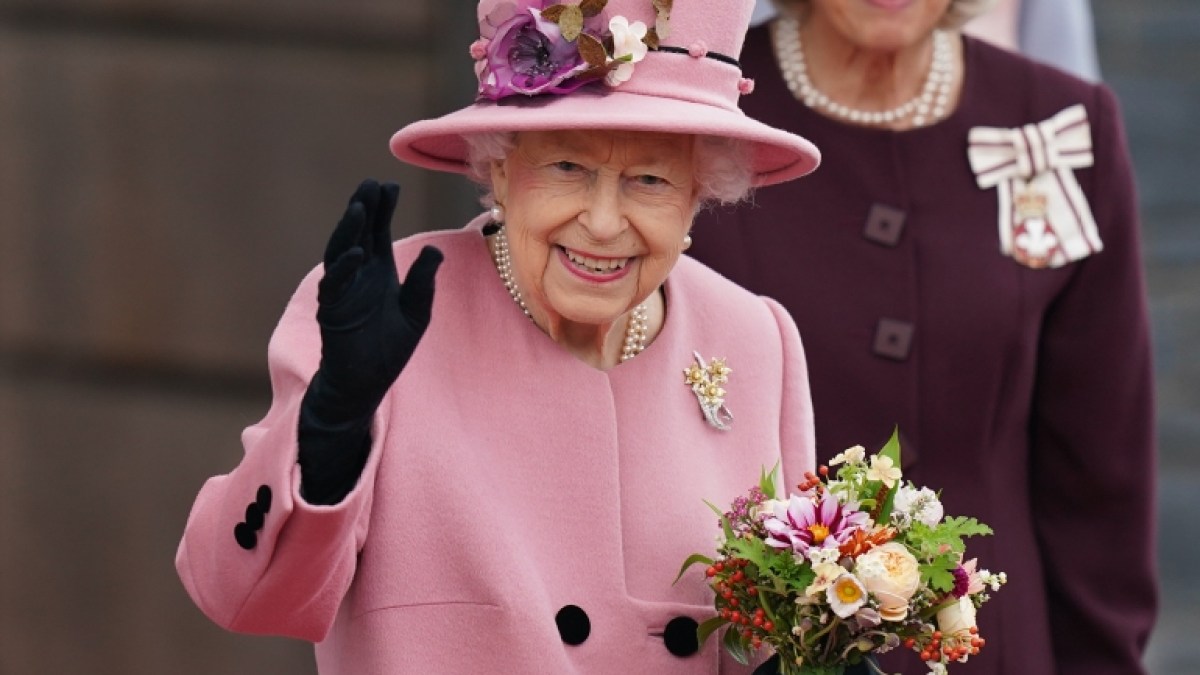Many wonder how a centuries-old institution like the British royal family has maintained its reputation and good relationship with the people throughout the ages.
Experts say it is due to the expansion of family members' issues and interests and their involvement in community work, in addition to their wise role in creating a modern state run by a constitutional monarchy.
But more than 60 years ago, the royal family made some adjustments to the way the Queen was addressed and the Queen's public appearances to the world because of criticism from someone who is now credited with continuing the success of the British royal family and making it one of the most popular institutions of our time.
The survival of the royal family
Lord Altrincham, later known as John Gregg after relinquishing his title in 1963, wrote in August 1957 a scathing article, the first of its kind at the time, criticizing the British royal family in the National and English Review, the cultural newspaper he oversaw.
Lord Altrincham was an intellectual who studied at the prestigious Eton College and the University of Oxford, and believed that his article in question was of a "constructive" nature, but it caused the public to be divided between denouncers and supporters.
Among the ideas he addressed in his article, Altrincham said that "Queen Elizabeth's style and the way she spoke to the public in her official speeches caused neck pain," as he put it, and said that she was unable to think without indoctrination from a counselor, and added that she had the personality of a "fanatical school girl."
To soften the blows he dealt in his shocking report, which came at a time when neither the British press nor the media had the ability to speak like this about the members of the royal family and the head of its institution, he added that he "has no intention other than to serve the monarchy, strengthen it and enable it to survive and continue," summing up his thoughts in saying, "It is an institution too precious to be neglected. I regard the servile acceptance of the institution's mistakes as a form of negligence."
When asked years later about the article in a documentary on Britain's Channel Four, he said it was "shocking in the fifties, because not a single word could be said against the royal family, let alone the queen." He added that he was a strong believer in the constitutional monarchy, so he considered his criticism "sincere."
A tidal wave of indignation and shock
Following the publication of his article, Altrincham gave a television interview on ITV, in which he outlined his thoughts on the royal family, and did not regret or apologize for his criticism, but stuck to it.
Speaking of the Queen, Lord said in the interview: "I feel like she is not being allowed to appear who she is. She is a kind of artificial creature that only talks, but she is not the queen with her real personality. If she is allowed to speak for herself, the effect will be fantastic."
The resounding interview, after his shocking report, prompted a number of fans to gather in front of the studio where the interview was taking place, and as he walked out of the building, he was slapped by a member of the "Pro-Imperial League" union.
Although he had a conservative political background and claimed to have royal interests in his heart, Lord Altrincham's words drew much criticism: Canterbury Archbishop Geoffrey Fisher attacked him, as did the British newspaper "Daily Mail", and was described as a saboteur and a Republican, and was excluded from appearing on the BBC, and an English duke demanded that he be hanged "for his act".
The impact of criticism reaches the heart of the royal palace
The impact of the criticism reached inside the palace, where some realized that there was a salient truth in what Altrincham said. Within two days of the uproar, the outspoken intellectual was contacted by a mutual friend to arrange a private meeting between him and Martin Chartris, the Queen's Assistant Private Secretary.
Thirty years later, during a public political meeting at the prestigious Eton College, Charteris told Altrincham, "You have done a fantastic service to the monarchy, and I am happy to say that publicly in front of everyone."
This was because the Queen's public relations took into account what Altrincham had said about the Queen, and the way she should address her subjects. Two of Lord Altrincham's recommendations to improve the monarchy were eventually implemented; one was that the Queen fixes her annual Christmas message on television where she addresses audiences directly, a tradition she followed until the last year of her life.
Ladies presentation ceremonies to high society, or what was known as Debutante Parties, were also canceled. These formal ceremonies, dating back to around the 18th century, attended by the king, princes and dignitaries, were originally intended as a means by which young women qualified to marry could be introduced to potential high society life partners.

